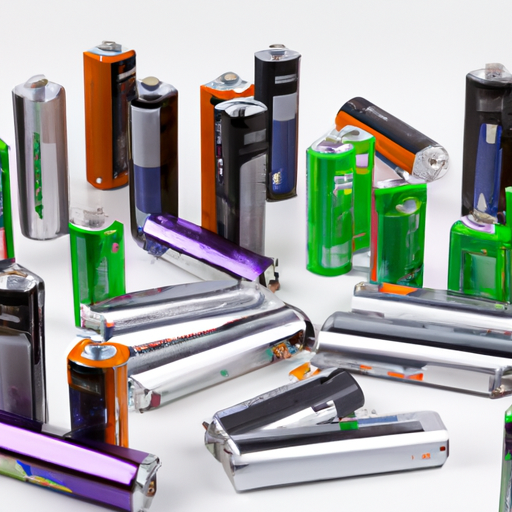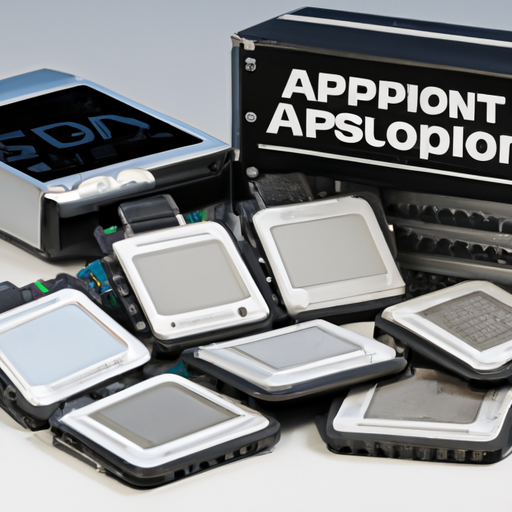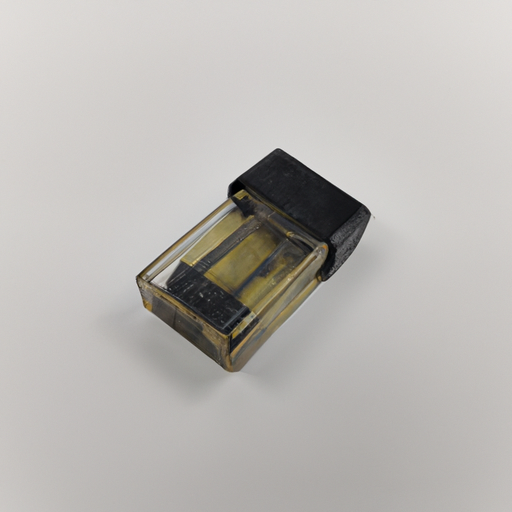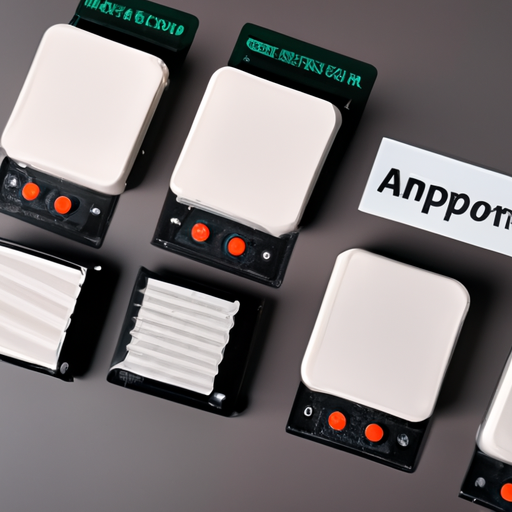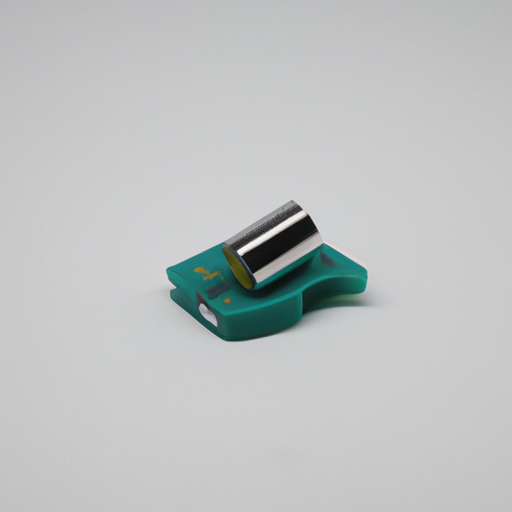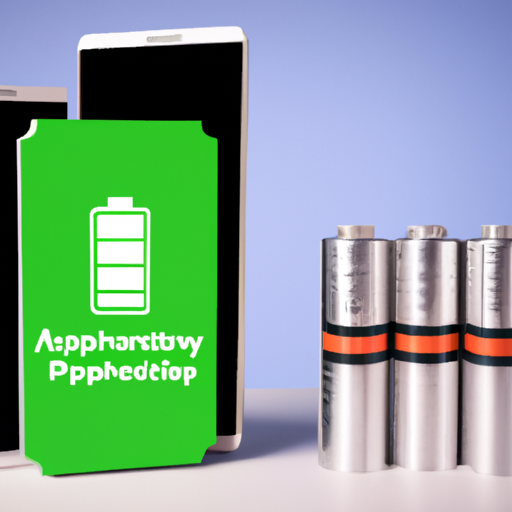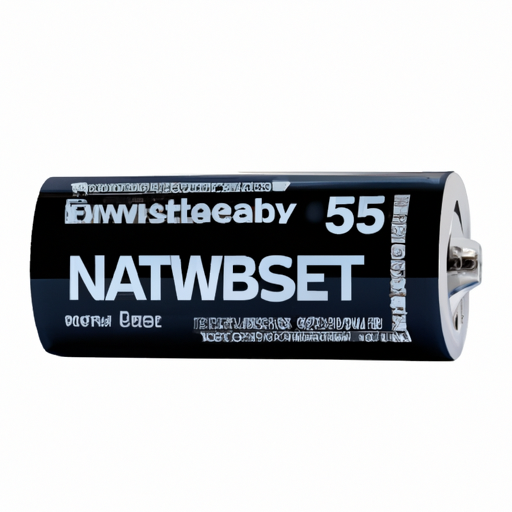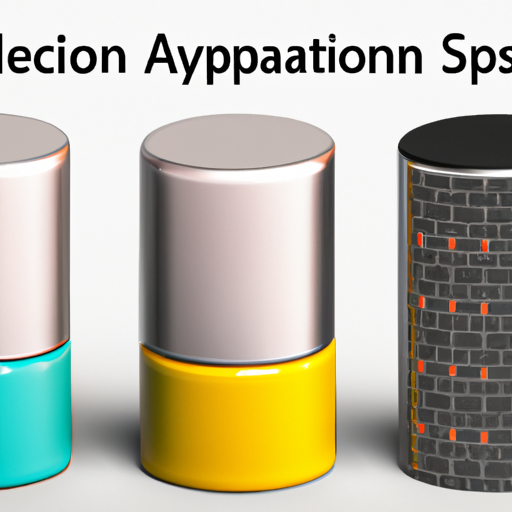Certainly! Here’s a more detailed overview of battery packs, focusing on their core functional technologies and notable application development cases, structured for clarity and depth.
Comprehensive Overview of Battery Packs
Core Functional Technologies of Battery Packs
| 1. Lithium-Ion (Li-ion) Battery Packs |
| 2. Nickel-Metal Hydride (NiMH) Battery Packs |
| 3. Lead-Acid Battery Packs |
| 4. Solid-State Battery Packs |
| 5. Flow Battery Packs |
| 6. Lithium Polymer (LiPo) Battery Packs |
| 7. Sodium-Ion Battery Packs |
| 1. Electric Vehicles (EVs) |
| 2. Renewable Energy Storage |
| 3. Consumer Electronics |
| 4. Medical Devices |
| 5. Power Tools |
| 6. Drones and UAVs |
| 7. Grid Energy Storage |
| 8. Electric Bicycles (e-bikes) |
| 9. Telecommunications |
| 10. Smart Grids |
Application Development Cases
Conclusion
Battery packs are essential components across various industries, driving innovation in consumer electronics, electric vehicles, renewable energy, and more. The evolution of battery technologies, including solid-state and sodium-ion batteries, holds promise for improved performance, safety, and sustainability. Each application case underscores the importance of selecting the appropriate battery technology to meet specific energy demands and operational requirements. Continued research and development will further enhance the capabilities and applications of battery packs in the future.
For a deeper dive into specific technologies or case studies, further exploration and research would be beneficial.

